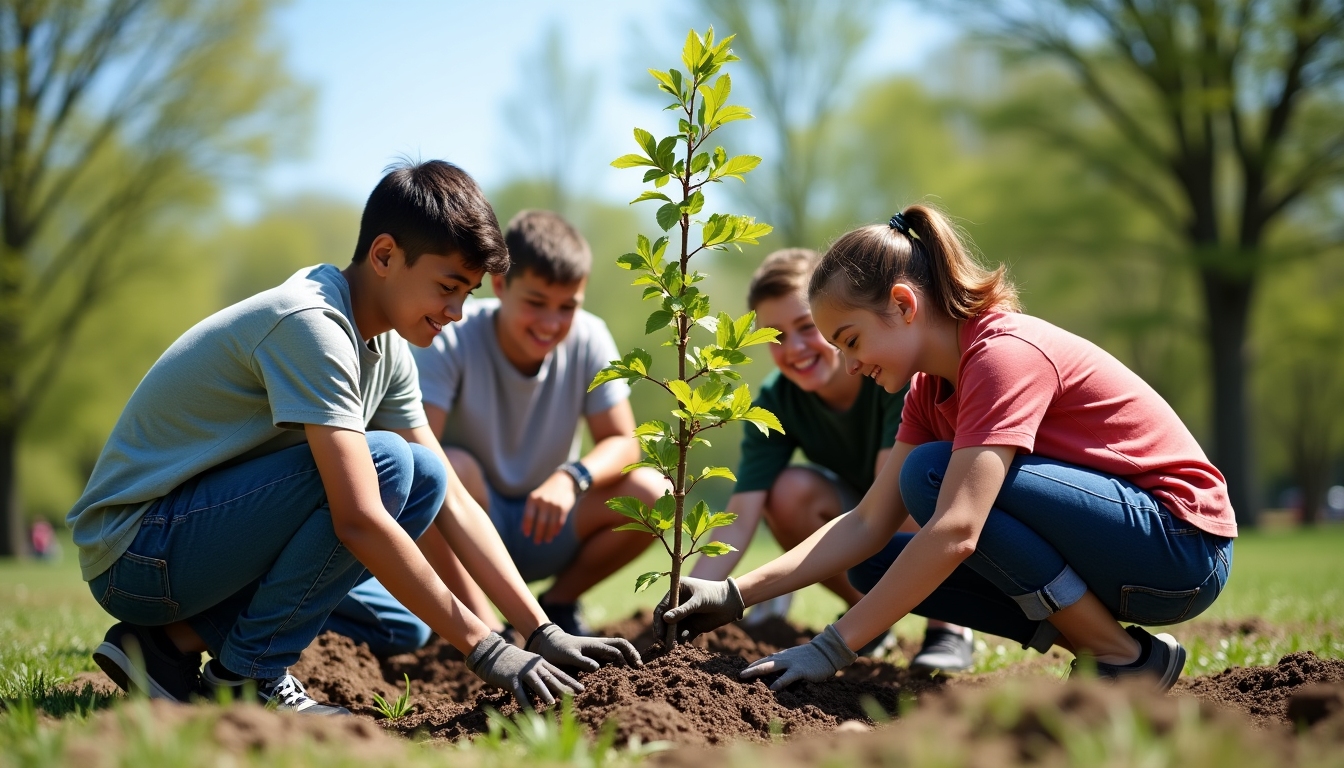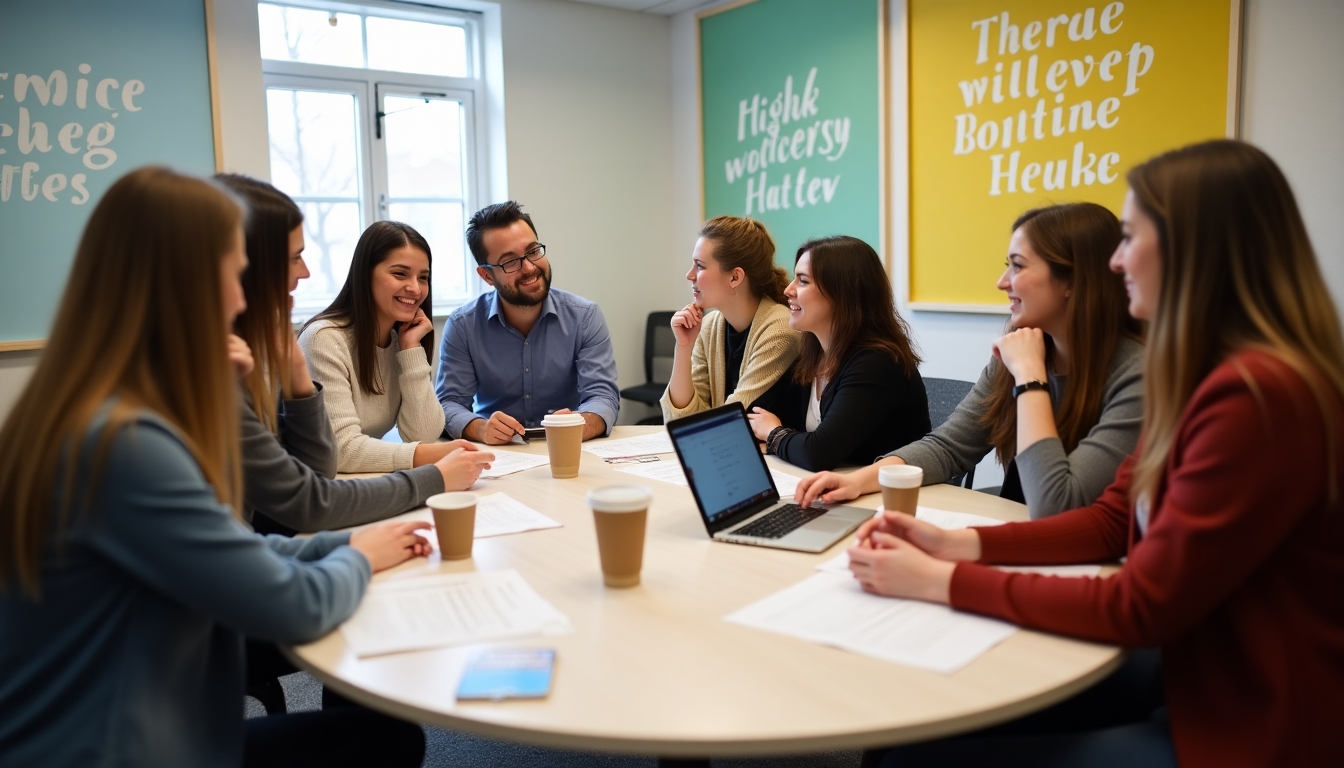How to Start a Service Learning Project: Step-by-Step Guide
By , February 16, 2025
How to Start a Service Learning Project: A Complete Guide
Starting a service learning project involves connecting educational goals with meaningful community work. It's about combining learning with real-world experience for the benefit of both students and communities.
Understanding Service Learning
Service learning projects are unique opportunities where knowledge meets practice. Unlike volunteer service, this activity integrates the academic curriculum with community work, providing reciprocal benefits. But how does one start? Let’s delve into actionable steps!
-
Identify Community Needs: Begin by researching your community. What are the pressing issues? This could range from environmental concerns to educational disparities.
-
Align with Educational Objectives: Service projects should enhance learning. For instance, if students are learning biology, they could engage in local environmental conservation projects.
Step-by-Step Guide to Launch Your Project
Embarking on a service learning journey might seem daunting at first, but with systematic planning, it can be both impactful and rewarding.
1. Formulate Clear Goals - Decide what you aim to achieve. Is it to raise awareness about a cause, or impart specific skills? Clear objectives will guide your actions.
2. Build a Team - Gather passionate individuals. Look for diversity in skills to ensure different aspects of the project are covered.
3. Secure Partnerships - Collaborate with local organizations. They offer invaluable resources and expertise on community needs.
4. Plan and Execute Activities - Detailed planning is crucial. Outline activities, assign roles, and set timelines to ensure smooth execution.
5. Reflect and Evaluate - Post-project reflection helps in understanding what went well and what could be improved. Encourage participants to express their thoughts and experiences.
| Steps to Start a Service Learning Project | Actions |
|---|---|
| Identify Community Needs | Research, Surveys |
| Align with Educational Goals | Curriculum Mapping |
| Formulate Clear Goals | Goal Setting |
| Build a Team | Team Recruitment |
| Secure Partnerships | Networking |
| Plan and Execute | Activity Planning |
| Reflect and Evaluate | Assessment |
Personal Insights and Experiences
"In starting a service learning project, I learned that the most significant impact comes from truly understanding the community's needs," shares Emily Tran, an experienced project coordinator. "Engagement and empathy fuel success in these initiatives."
Emily recalls a science-related project where students collaborated with environmentalists to clean a local river. The students didn't just learn about ecosystems; they also developed a sense of responsibility toward environmental conservation.
Overcoming Common Challenges
Starting any project is fraught with hurdles. Common challenges in service learning include limited resources, engaging participants, and aligning academic goals.
Limited Resources: Explore crowdfunding platforms and local grants.
Participant Engagement: Foster a sense of ownership. Let participants take on leadership roles.
Alignment: Regularly consult with educators to ensure that the project meets educational objectives.
Why Service Learning Matters
Engaging in service learning projects enriches education beyond textbooks. It develops critical skills like leadership, communication, and empathy. Moreover, it instills a sense of civic responsibility, preparing students for active citizenship.
Conclusion and Final Thoughts
Starting a service learning project presents a meaningful way to bridge education and community needs. By following these steps, you can transform learning into a journey of mutual growth and understanding. Remember, the key is in balancing academic goals with genuine community engagement.
Recommended Readings
- "Service Learning in Higher Education: A Handbook"
- "Creating a Service Learning Project: Guide and Tips"
- "Integrating Service Learning and Classroom Instruction"
Read More
- "Hands-On Strategies for Effective Volunteer Engagement"
- "Connecting Classroom Lessons to Community Needs"
- "The Role of Education in Community Development"
- "Innovative Service Projects for Students"



